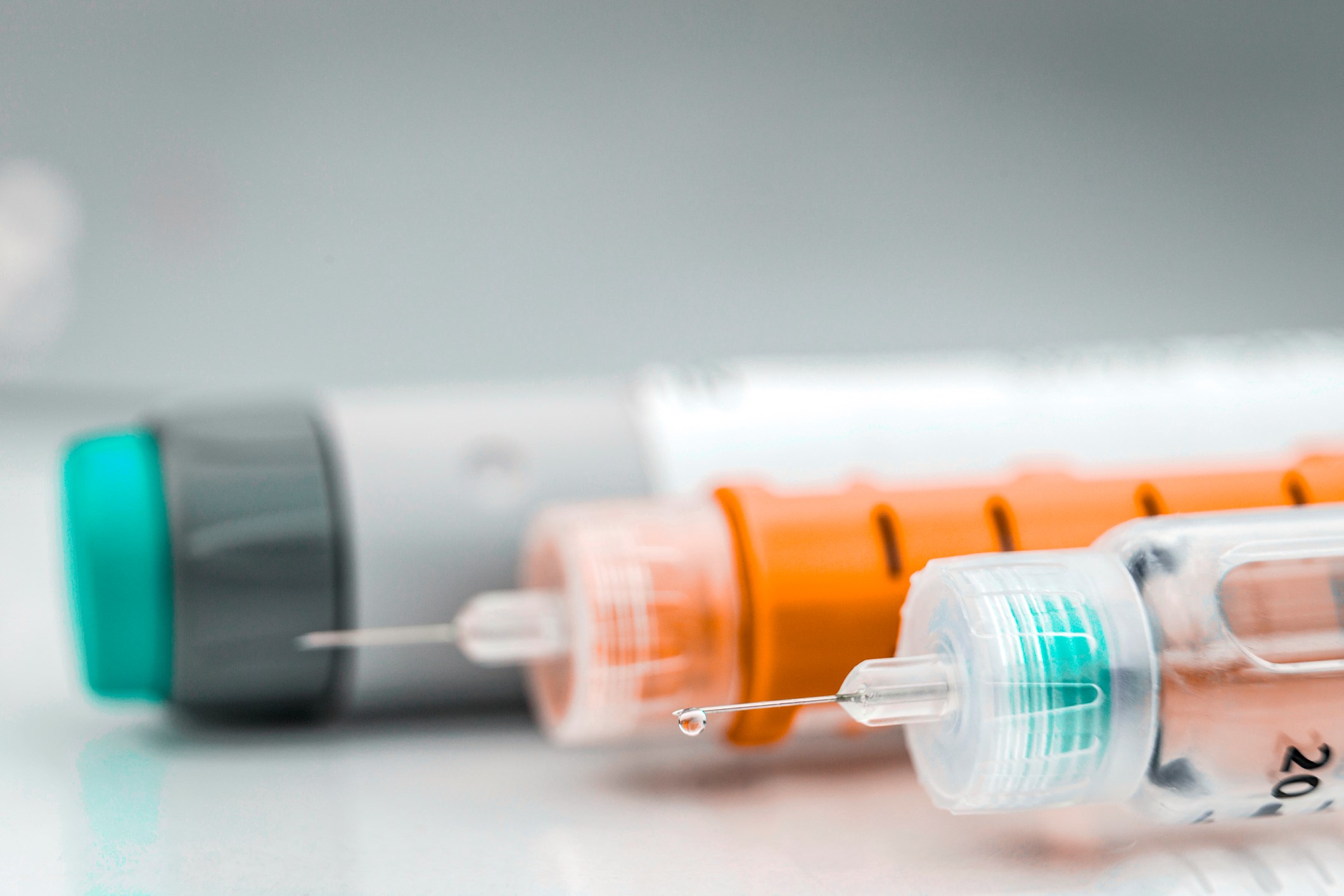Under the SPC Regulation (No 469/2009), the holder of a basic patent is entitled to an SPC if the patent covers a product that has received a marketing authorisation (MA).
The Regulation is silent as to whether there needs to be any legal relationship between the patentee and sponsor of the MA in question, and it is not something that has been checked in the SPC application process. Thus, it is possible that patentees can apply for, and be granted, SPCs on the basis of an MA held by a competitor (a so-called “third party SPC”). However, this could soon change as the UK High Court has referred a question to the Court of Justice of the European Union (CJEU) on the issue in Lilly v Genentech.
BACKGROUND OF THE CASE
The SPC application in question (SPC/GB16/056) is based on Genentech Inc’s patent EP1641822 (UK) and Eli Lilly’s MA (EU/1/15/1085) for ixekizumab/TaltzTM, an anti-IL-17 antibody marketed for the treatment of psoriasis and psoriatic arthritis. Genentech does not have a relevant product on the market.
Genentech’s patent was found invalid for reasons including obviousness in the context of rheumatoid arthritis (RA); and insufficient disclosure in relation to psoriasis; but Lilly also sought a declaration that an SPC, if granted, would not be valid, for two further reasons. Lilly argued that its antibody did not fall under the scope of the claims, so was not “protected by” the patent and therefore did not satisfy the requirements of Article 3(a) of the SPC Regulation. Further, Lilly argued, the requirements of Articles 2, 3(b) and/or 3(d) were not satisfied either, because the MA for Taltz is an authorisation held by a third party.
There is no reference to “third party authorisations” in the SPC Regulation. As with many other aspects of the SPC Regulation, one has to look beyond the wording of the Regulation to the accumulated case law, the overarching objectives and the balance between those objectives in the (often doomed) quest for illumination. The Court still felt in the dark and has referred the following (draft) question to the CJEU:
“Does the SPC Regulation preclude the grant of an SPC to the proprietor of a basic patent in respect of a product which is the subject of a marketing authorisation held by a third party without that party’s consent?”
COMMENTARY
There are many different circumstances in which a patentee might wish to base an SPC on a third party’s MA. The scenarios include ones in which a third party has identified and developed the medicinal product, either building on the teaching of the patent or, as appears to apply in the present case, where any relevance of the patent emerges only later on. The third party might have a contractual arrangement (for example a licence agreement) with the patentee; or might not. The precise medicinal product may be in existence at the priority date, or it may not be.
The possibility of such differing scenarios highlights the question – is an SPC to reward the invention for which the patent is granted; or the development of that invention to the point of a product with an MA? If it is to reward the invention for which the patent is granted, then a third party SPC might be justified – the reward goes with the invention, regardless of subsequent activity. If it is to reward the development of the invention so that it reaches the market, and patients, then a third party SPC would not be justified – the patentee might not have contributed to the development; and the patentee’s position may not even have been known to the developer.
The basing of SPCs on patents suggests that it is the invention that is important, and indeed consideration of the invention underlies the Article 3(a) assessment. But if it is not the patentee that has made the effort needed to move from the invention to the market then should it still be able to benefit from an SPC on the back of the developer’s effort? Does it depend on the circumstances?
Lilly argued that comments in previous CJEU decisions supported the position that a patentee other than the entity that has obtained the MA is not entitled to an SPC, because it has not suffered from the delay caused by the regulatory process. Genentech in contrast pointed out that the SPC Regulation is silent on the identity of the MA holder; the case law implicitly supports its position; and the settled practice of patent offices across Europe is in granting SPCs on the basis of “third party MAs”.
While the Court did not refer further questions on Article 3(a) to the CJEU (concluding that the product per se claim did “protect” the antibody of TaltzTM), the consideration of Article 3(a) and “Third Party SPCs” may well be intertwined. Indeed, in Sandoz Ltd v GD Searle LLC [2018] EWCA Civ 49 the UK High Court judge noted (in seeking to understand the reasoning behind the “specificity” requirement of Article 3(a)) that the CJEU appeared to be suggesting “that at least one way of preventing or hindering the marketing authorisations of third parties from being used as the basis for SPCs is to insist on a high degree of specificity in the basic patent”.
The CJEU will now have the opportunity to consider whether third party SPCs serve the purposes of the SPC Regulations. Whether they will take up this opportunity, and expand on how it sits with Article 3(a), remains to be seen. At present, the ability of third party patentees to obtain SPCs in Europe sits in contrast to some other territories where the patentee must demonstrate connection with the product approval process, for example the US and Japan. If the CJEU provides an answer it will potentially have important practical implications for SPC granting authorities as well as patentees and developers of medicinal products.
If you are interested in filing or challenging SPCs, or simply require any further information, please get in touch.






